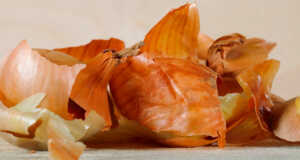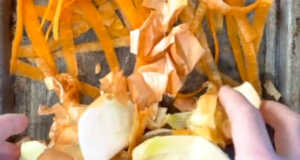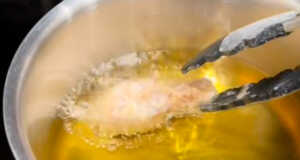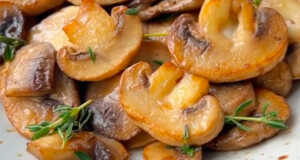Many people are becoming aware of the potential dangers of eating foods that have been treated with pesticides. Buying and eating organic produce helps to ensure that the foods you are consuming are safe and nutritious, but organic foods are expensive and sometimes difficult to find. Not all foods are made equal – different pesticides are used on different types of food, and some of those foods absorb the pesticides in much higher quantities than others. When every dollar counts, it’s important to know which foods might contain harmful pesticides and which ones are safe either way.
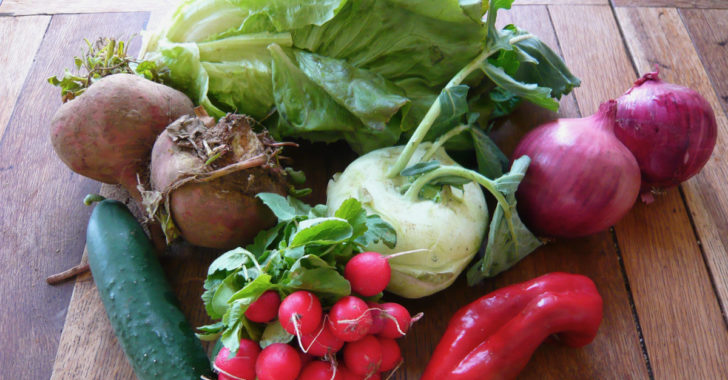
Why Buy Organic?
According to Dr. Weil, a growing number of scientists agree that exposure to pesticides in food has the potential to cause adverse health effects, particularly in children and babies. Pesticide use on farms may also damage local ecosystems and promote unwanted soil erosion. Certified organic foods are grown without the use of pesticides.
Not All Foods Are Alike
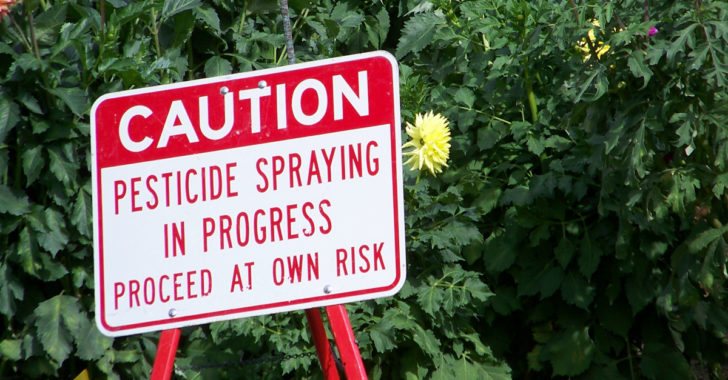
Studies on the levels of pesticides found in certain foods should take into account how a food is normally prepared before eating. Fruits such as grapefruit, cantaloupe and mango may be safer than others because most of the sprayed pesticides end up on the outer peel of the fruit, which is removed before consumption. Fruits with edible skins such as grapes and apples may impart more toxins, according to Dr. Weil.
Vegetables That Are Safe in Conventional Form
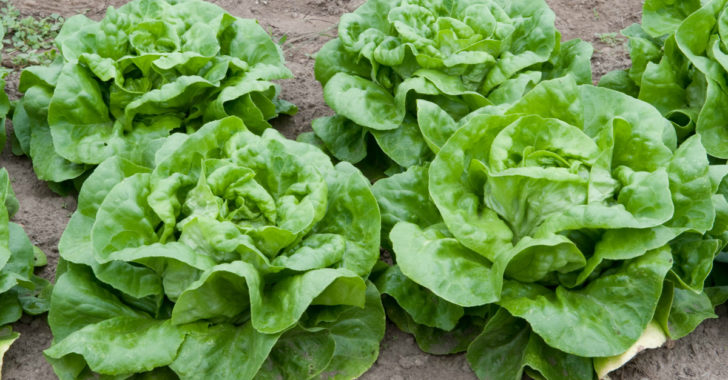
Heads of cabbage and lettuce are generally safe to eat from traditional farms because the outer leaves of the heads are removed before shipping, according to Best Health. Other safe vegetables include asparagus, mushrooms and sweet corn.
Vegetables That You Should Buy Organic
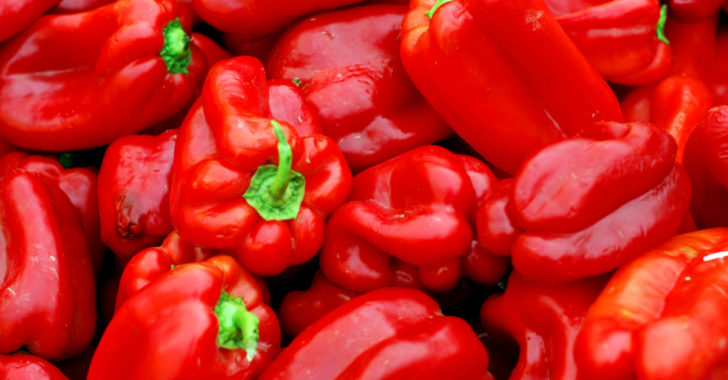
Peppers including bell peppers and hot peppers are best purchased organic because they are often imported from countries with fewer restrictions on pesticide use than the United States, according to Reader’s Digest. Other vegetables that are best purchased organic include spinach, celery and snap peas.
Fruits That Are Safe in Conventional Form
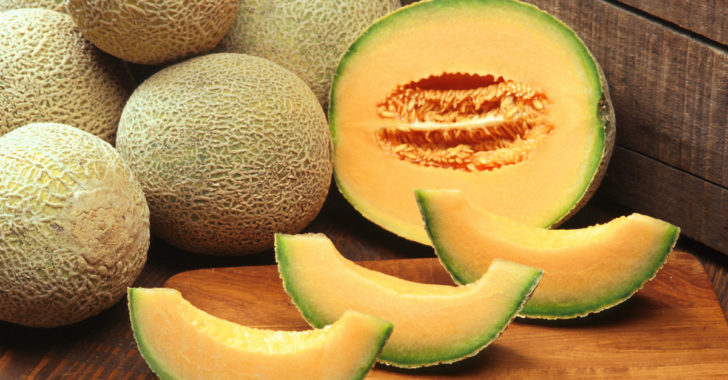
Cantaloupe is a good fruit choice when you can’t spare the change for organic produce. The tough rind means the majority of cantaloupes are free from pesticide residues. Avocado, mango and papaya are also good conventional choices.
Fruits That You Should Buy Organic
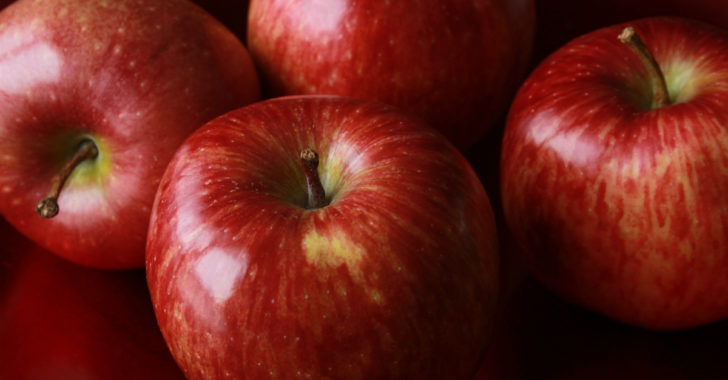
Apple trees are frequently sprayed with multiple pesticides, according to Best Health. The thin, edible skin on this fruit makes it likely that you are consuming a small amount of pesticides if you’re eating a conventionally grown apple. Other fruits that are similarly thin-skinned, such as grapes, tomatoes and peaches, should also be purchased organic whenever possible.
Other Foods
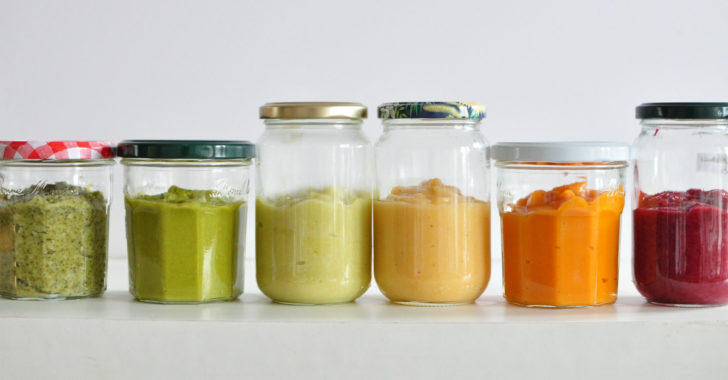
While fruits and vegetables come into the most direct contact with pesticides, other foods such as milk and beef may be indirectly affected as well. Organically raised cows are fed with natural grass and are given no antibiotics, which reduces the risk of antibiotic-resistant bacterial strains. Organic baby food is a good choice, given that babies tend to be more susceptible to toxins than adults.
The Dirty Dozen
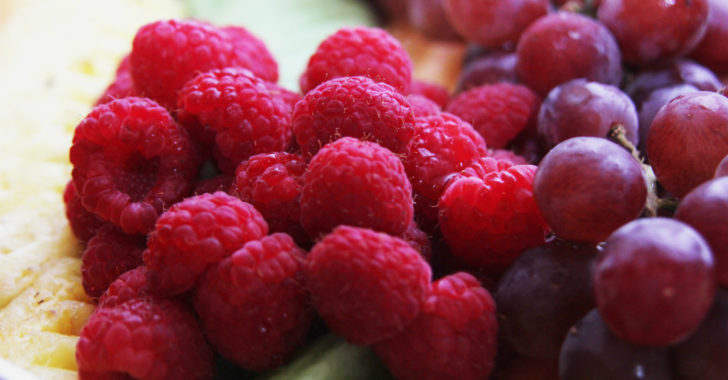
The Dirty Dozen is the Environmental Working Group’s ranked list of foods that are statistically highest in pesticide residues. Among the top contenders are cherry tomatoes, celery, grapes, kale and potatoes.


